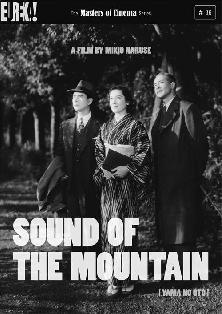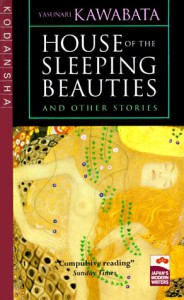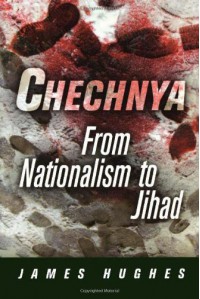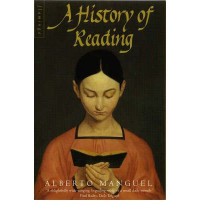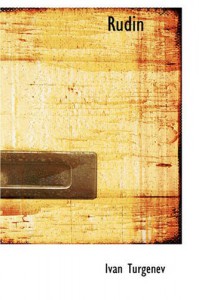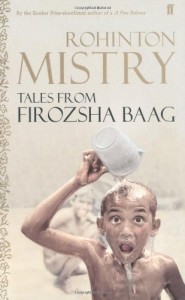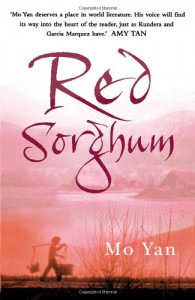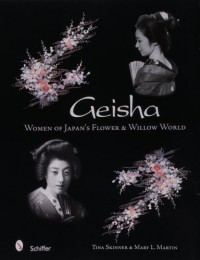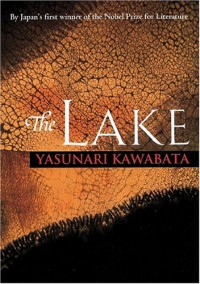
To the singing oars,
Jump the watery imp,
Moon-lit skies wake,
Tender palms aglow,
Lonely hearts to split,
Weeping willows below,
Cages with open doors,
Fireflies over the lake.
On a nearby tree, the screeching became louder with every passing minute. I knew it then, it was already past midnight. The bats were probably having a little party; for once their pairs of lustrous eyes were not being meticulously counted by a silly woman amid the flickering of the street light. I did not care about these nocturnal visitors; I was more fascinated with the valiant fireflies that nestled in monstrous human palms. The haiku of great poet Issa ran through my mind:-
Issa says:-
So quickly they join
the human goblins...
fireflies.Tiny insects being chased by humongous strangers, trying to capture their splendor in a glass jar and as they glow in dark, gaze obsessively; till they glow no more. Behind the glass cage, as these fireflies flutter, radiating through their fears, smiles are painted as we take pleasure in their confined beauty. Is it then the beauty of our eyes that bestow upon the flies a claustrophobic existence, pleasing? What is it that drives human psyche to harbor a blinding compulsion of illicit beauty? Does a soul find an empty heart desirable? Do murderers find their hands beautiful? Does a sleeping man discover beauty in his nightmarish mind? Or, like Gimpei, is there a need to reveal ugliness of the body to rationalize the craving of a dream-like beauty?
“How many times in his youth had he told different lies because of his ugly feet?”....”Was the ugliness of a part of his body crying out, longing for beauty? Was it part of the divine plan that ugly feet chased beautiful women?..."Gimpei likes to pursue strange, gorgeous ladies because similar to his athlete’s foot, the women keep coming in his path and never fade away. The surreal delicateness in a woman’s youth is ephemeral and Gimpei needs to embrace it by trailing his “angels” before he may misplace them forever. Gimpei followed the women to the theatre, the concert halls, in the school where he used to once teach, but with the exception of Hisako, he never stopped to talk to these strange pretty ladies as it would be the end of his hallucinatory paradise.
"One can’t stop and suddenly speak to a complete stranger, can one?......When it happens I could die of sadness. I feel somehow empty and drained...."The glances of Gimpei’s memory are an ongoing charade of past and present; chronicling his lonesome and insufferable life. His stubbornness about not sharing secrets delineates the existential truth of secrets being the only personal and constant companion of a man in this transient world.
“Perfect awareness might exist in heaven or hell, but not in human world. If you have no secrets, it means that you don’t exist, that you are not living your life….. No human emotion can survive without them..."See, this is why I love Kawabata, he speaks my genuine sentiments. Your secrets, your deepest scars belong only to you. You might lose an arm, you might lose loved ones, but you never lose your secrets. And when you become an open book, your life somehow amalgamates into someone else’s surreptitious world and you feel lost in their secrets, once again. Happiness sometimes perishes, but sorrows live on in the darkest corner of your heart.
Kawabata employs the
‘mono no aware’ concept, strongly. Similar to his [b:Beauty and Sadness|14029|Beauty and Sadness|Yasunari Kawabata|http://d202m5krfqbpi5.cloudfront.net/books/1327954071s/14029.jpg|1414440], he delineates the power of beauty that walks along the path of emptiness and lingering sadness.
The thought of her life savings being gone brought a momentary joy to Miyako; as if her life had avenged the ignominy of Arita’s hideous monetary compensation for Miyako’s lost youth, somehow restoring her dignity. The power of money came with the ugliness of being a mistress to an elderly man.
“The two hundred thousand yen was Miyako’s compensation for the loss of her youth-that brief flowering which she had wasted by giving her body to a half dead, gray haired old man.....When one loses the money one has saved, the very thought of saving is a bitter memory..."By making a bizarre comparison of sucking his mistresses’ firm breasts to breast feeding in his mother’s warm arms, Arita found a respite for his nightmarish dreams. The loveliness of youthful breasts was marred by Arita’s despair of an unfulfilled motherly love.
“For only with a mother could the old man find peace of mind.”The tranquility of a Turkish bath destroyed by Gimpei’s chaotic dreams, his arousing upheavals over his newly acquired obsession, the stillness of the lake disfigured by ghostly memories and his ever festering illusionary Athlete’s foot; made Gimpei fall even further in depths of self-loathing lies sinking in the “inky waves” of wretchedness.
“I want to follow them to the ends of the earth, but I can’t. The only way to chase a person that way is to kill him”.Kawabata allows human emotions to escape the culpabilities through an abstract tunnel by entitling remorse to non-living objects. Hence, the reader can see Gimpei’s innate desire to pursue “angels” being weighed down by the guilt harboring in the inadequacies of his diseased feet. The frosty lake being the victim of Gimpei’s past and present regressions. The
mono no aware concept reaches its climax with Gimpei questioning the compelling reality of one-sided love and Miyako experiencing a vague ecstasy when being followed by odd men. Here, we have a man who mixes the very purity of love with sinister passion and a woman who finds affection from her creepy followers; both these people sensing beauty from their repulsive occurrences.
Kawabata with precise erudition slips in the
wabi-sabi theory of transience and imperfections.
“The world’s most beautiful is not always some towering green peak, but a vast, barren mound covered with volcanic ashes and rocks.”To every beginning there is an unavoidable end. An attractive hand must accept the fate of someday being covered with nasty liver spots. To every thriving life there is death and to every beauty there is an awaiting decay. A clean existence is always muddled with clandestine stories. The beauty of prostitutes being robbed by the war, the infant for whom death would be a lucky escape, Gimpei’s women who would one day prefer being old rather than be stalked for their youth; Hisako momentary gifting Gimpei his first true happiness and the lake whose serene waters carry secrets of melancholic human corpses; are buried in the aesthetic core of impermanence.
Kawabata does not insist on liking Gimpei, Miyako, Arita,Hisako etc… ; he does not either seek sympathies for them . He yearns for the reader to perceive these actors for who they really are. Kawabata hopes that in order to avoid viewing flaws in the standing perfect picture, we stop squinting till our eyelids hurt. Even if the eyes are shut, the flaws still exists. The missed line, the shabby strokes, is what makes the painting comprehensible. Nothing last forever, nothing is faultless because perfection itself is a vibrant masquerade of imperfections. Let the night be dark without the radiance of fireflies, let the lake be silent even with floating scary images because some day the chase for a single firefly or the need for counting the eyes of screeching bats could be repulsive as a diseased foot. The advent of insanity.
“You fool! You fool!”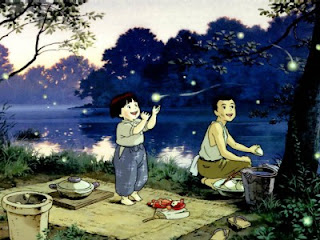
The ephemera of beauty and a prospect of leering blemish.
 Unlike the groundhog who did not see his shadow after he got his rickety ass out, spring had not come in for a long time to Col.H. Kinkweaner’s sexual game. Kinkweaner could not get it up, let alone seeing a shadow while hijacking an apple bottom at JC Penny. After those lame ass pills did not work, the Colonel decided to visit a sex shop owned by 'A Pimp Formerly Called Slickback(aPFCS'). And while the Colonel was trying on some pink furry handcuffs……
Unlike the groundhog who did not see his shadow after he got his rickety ass out, spring had not come in for a long time to Col.H. Kinkweaner’s sexual game. Kinkweaner could not get it up, let alone seeing a shadow while hijacking an apple bottom at JC Penny. After those lame ass pills did not work, the Colonel decided to visit a sex shop owned by 'A Pimp Formerly Called Slickback(aPFCS'). And while the Colonel was trying on some pink furry handcuffs……



